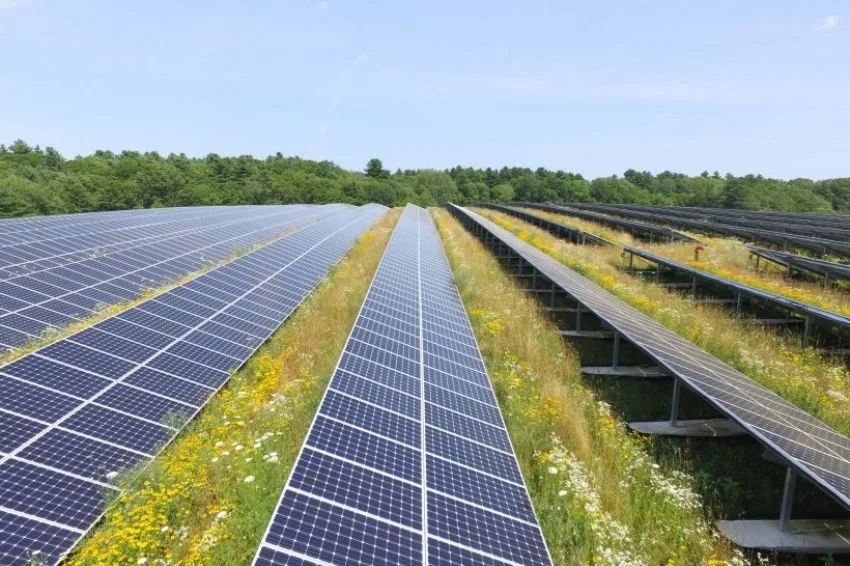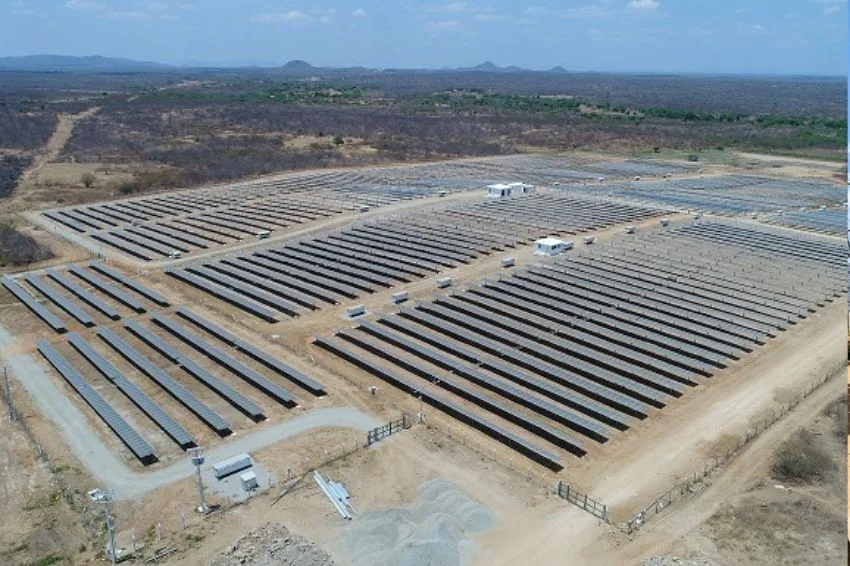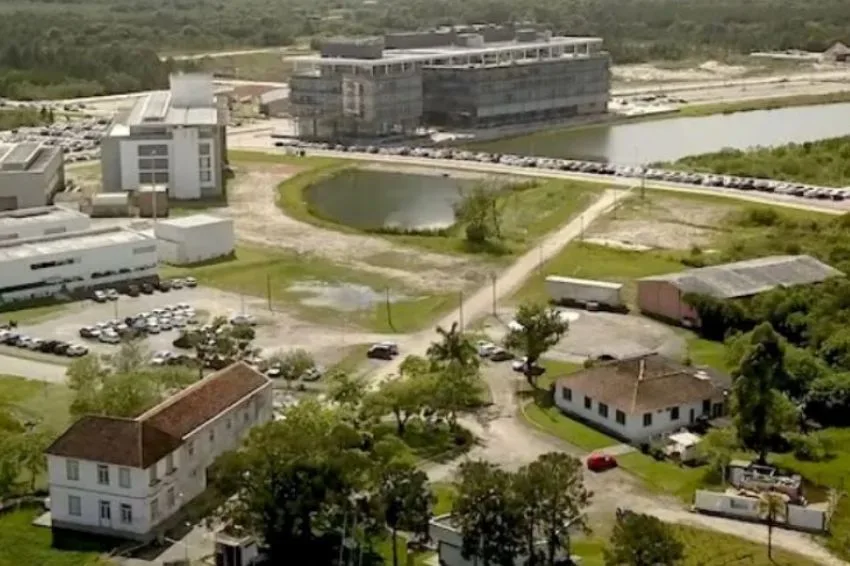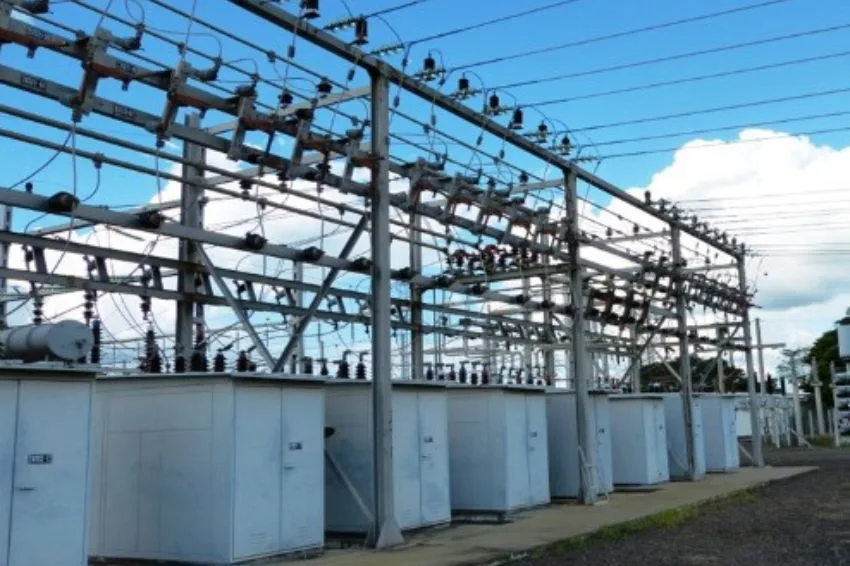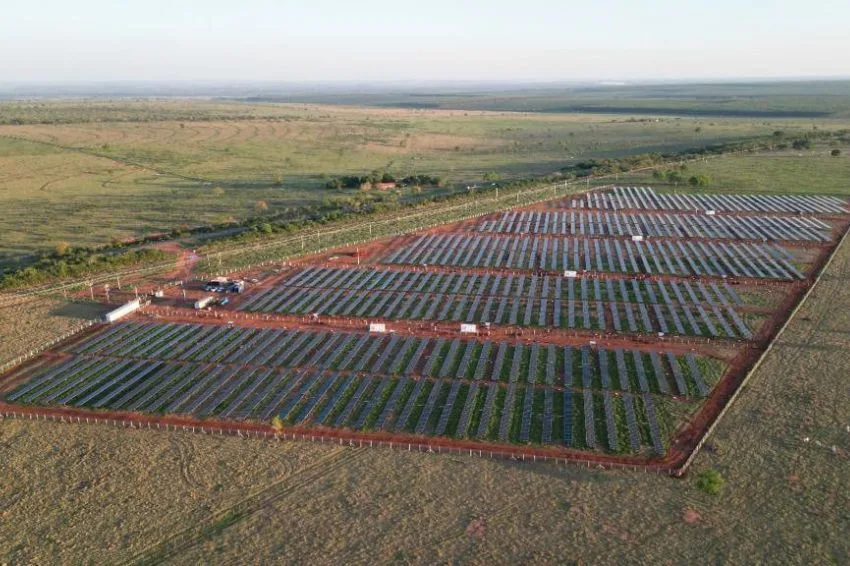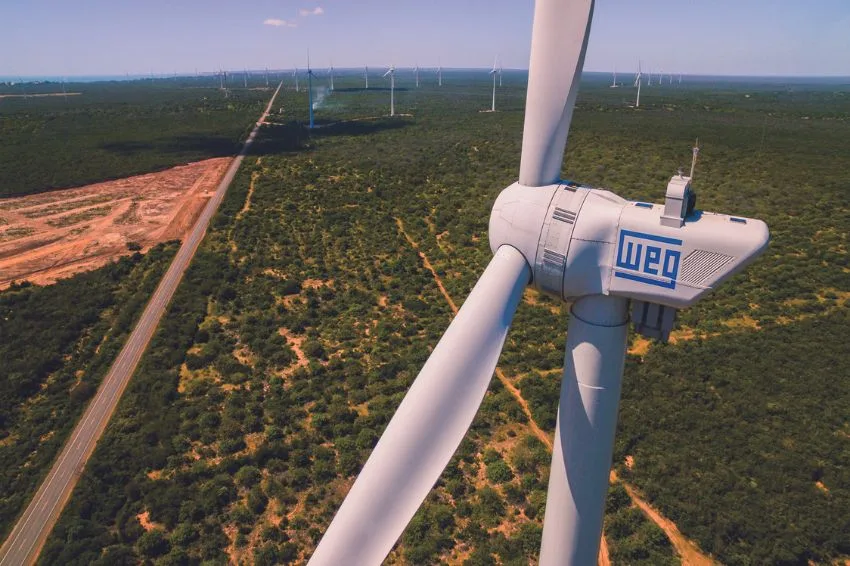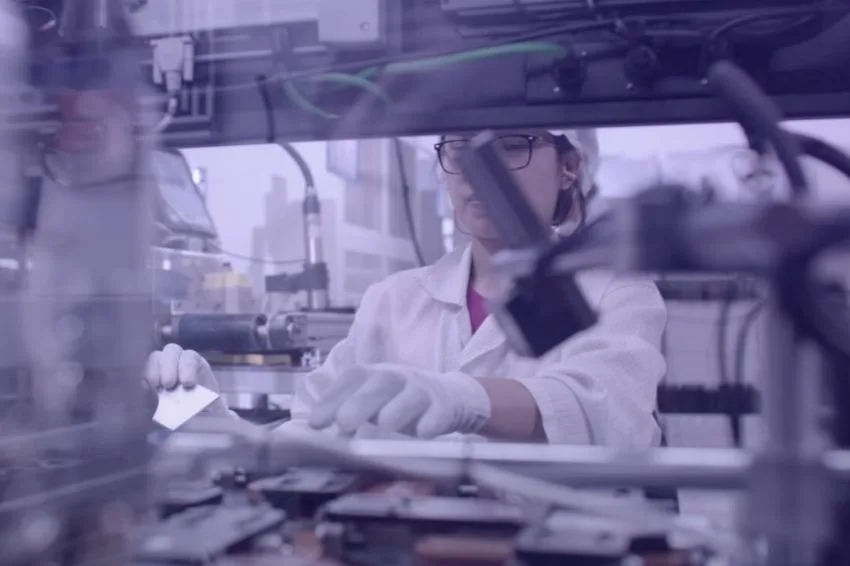With the search for a more energy source economical, reliable and sustainable, coupled with the need to create a more controlled dependence on energy, producers and farmers have led the adoption of solar energy.
Only last year, according to data from ANEEL (National Electric Energy Agency) the segment was responsible for 15% of the total 25.2 GW of solar power installed in Brazil.
These numbers indicate a positive and promising trend for the future of solar energy in the country, driven largely by strong demand and adoption in the agribusiness.
Also keeping an eye on this sector and with the aim of strengthening its presence in the Brazilian market, Fox ESS – a global leader in the development of high-quality, high-performance inverters and energy storage solutions – is investing approximately R$ 1 million in the expansion of its distribution center in Cotia (SP), in addition to the opening of a new office.
As anticipated by Solar Channel, The manufacturer aims for an even more expressive expansion of the brand, focusing on the North, Northeast and Central-West regions of the country.

Versatility of photovoltaic sources in agribusiness
Solar energy enables a variety of applications in the agricultural sector in Brazil. Meira highlights that it can be applied throughout the rural property: in the home itself, in planting irrigation; in water pumping, in precision agriculture, in farms, poultry farms, corrals, milking and milk cooling, in dairy products, in product storage in electric fences, in crop refrigeration, telecommunications and others.
Technology for agribusiness
The executive also points out that the hybrid function is the most suitable for agribusiness, as it can be used for consumption and stored in batteries for momentary or overnight consumption.
In this way, this type of application offers an independent and reliable solution to guarantee energy supply in rural or remote areas, even without access to the conventional electrical grid.

“Therefore, for this entire system to be functional, rechargeable lithium-ion batteries with high storage capacity and longer useful life are needed, mainly to supply all the necessary energy consumption”, recommends Caio Garbelotto, engineer at Fox ESS.
The engineer also highlights that the robustness of Fox ESS hybrid inverters is one of their main strengths, guaranteeing high performance even in extreme environmental conditions, such as heat, cold or dust.
“This reliability is essential to maximize energy production over time and ensure continuous, fault-free operation. Taking into account the proposed use of batteries, it is essential to consider the consumption and specifications of the equipment used, such as the consumption of the refrigerator and air conditioning. These are important factors in determining the appropriate size of the installation”, comments Garbelotto.
Off-grid installation values
Garbelotto points out that the current payback scenario for a system with a hybrid inverter and batteries can be challenging due to the relatively high cost of batteries.
However, he emphasizes that investing in a hybrid system goes beyond the immediate financial return. This is because the ability to guarantee comfort and safety to consumers in situations of power outages on the external network is incalculable and adds significant value to the system.
“Furthermore, as the price of batteries reduces in the future, hybrid systems will become even more economically viable. Technological evolution and economies of scale in battery production are expected to result in a significant reduction in their costs, making hybrid systems an even more attractive choice for consumers”, adds the engineer.
Another important aspect to consider is the profitability of hybrid systems in situations where there is a difference in energy tariff prices.
“For example, if energy is more expensive at night, batteries can be used to store energy during the day, when it is cheaper, and use it during the higher tariff period. This not only reduces electricity costs for the consumer, but also helps maximize the use of renewable energy and ease the burden on the electrical grid during periods of peak demand,” he explains.
“Therefore, although the initial payback of a hybrid system may be higher today, the additional benefits in terms of comfort, safety and future energy savings, together with the expected reduction in battery costs, make hybrid systems an attractive and promising option. for the future”, concludes the engineer.
More information about manufacturer solutions can be obtained through the company's official website: br.fox-ess.com.
All content on Canal Solar is protected by copyright law, and partial or total reproduction of this site in any medium is expressly prohibited. If you are interested in collaborating or reusing some of our material, we ask that you contact us via email: [email protected].


